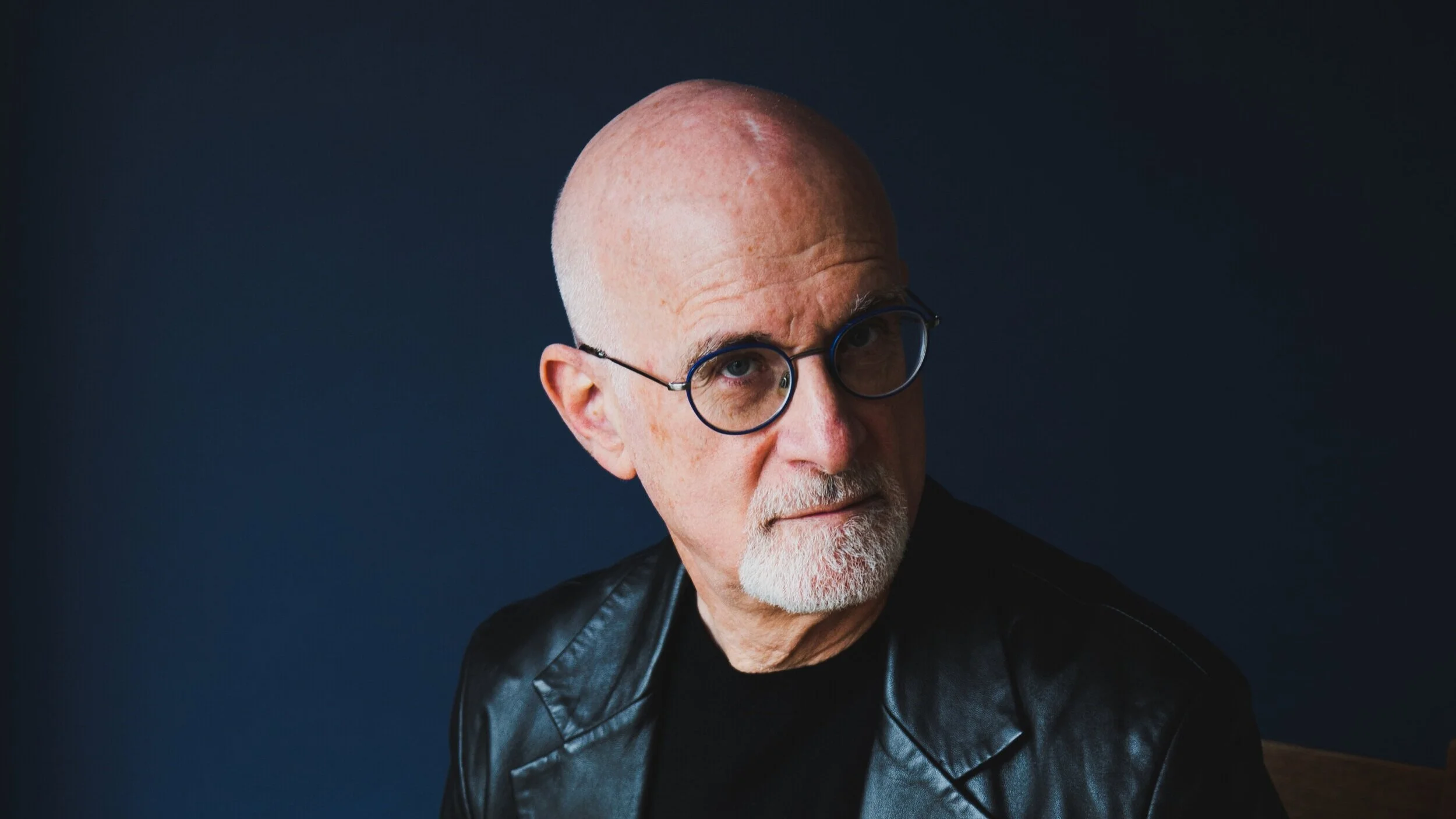Robert Sirota: A Look into the Daily Life of a Composer
Composer Robert Sirota. Photo credit: Ryuhei Shindo
Composer Robert Sirota’s piece Job Fragments for baritone, cello and piano premiered this past February. His works have been performed by a myriad of orchestras across the U.S. and Europe. Most recently, he has commissioned work for the Naumburg Foundation, yMusic, arrangements for Paul Simon and many more.
Sirota, a native New Yorker, studied at Juilliard, Oberlin, and Harvard and divides his time between New York and Searsmont, Maine with his wife, Episcopal priest and organist Victoria Sirota. They frequently collaborate on new works, at times with their children, Jonah and Nadia, both world-class violists. With so many accolades, what we want to know is how does he do it all?
LIFE OF BALANCE
The key to balancing all aspects of life as a composer is efficient and thoughtful scheduling that allows for the ultimate work-life balance we all strive for.
“I describe my work, and indeed the work of many composers, as divided between that of a monastic and of a salesperson,” Sirota said.
The time of day when he can work best creatively is in the morning, his “monkish time” as he describes it. Sirota wakes up early, around 7:00 AM to work about five or six days a week. He and his wife Victoria, who is Rector of an Episcopal church, live in a 19th century rectory adjacent to the church.
By 9:15, Sirota is on his third, or fourth, cup of coffee and is in his studio composing. Usually he composes for most of the morning. Sirota enjoys working on multiple projects at a time and spends most of his time on the more creative aspects of composing, sketching ideas and constructing new pieces.
In the late morning, he uses Sibelius, a songwriting program, to produce and edit performance scores and parts. He finds that splitting up his time like this gives him three or four hours of efficient work time.
These hours of work are admittedly the more solitary times of his day. Sirota works to balance that out in the second half of his day by venturing out of his home. “Composing is simultaneously a most isolating and decidedly collaborative art form. So while mornings are solitary and introverted, after lunch I become an extrovert,” Sirota said.
MUSICAL COMMUNITY
A couple times a week he enjoys taking a train ride from Yonkers to Manhattan to meet with colleagues or mentor young artists. Rehearsals of his own work are usually left for the afternoons and evenings of his days, with time set aside earlier to practice the piano.
An addition to his busy days are the numerous calls, texts and emails about potential projects and opportunities Sirota receives. He gets involved in many different aspects of the music community.
“I am active on a number of boards devoted to chamber music and new music, and I have a wonderful group of close friends, both old and young, all of whom share my passion for a life composing and performing new music,” he says.
Sirota’s methods in organizing his days helps him stay on top of his work but also leaves time for enjoying his art.
His trick to sustaining a successful career? “Finding the balance between my internal creative life and my external social life. When it works right, one complements the other.”
Sirota’s passion for composition is unmistaken. Join him and his son, violist Jonah Sirota, on March 8th at The New School as part of the "Sirota @ 70" season. Get tickets to the world premiere of this family collaboration here!





















